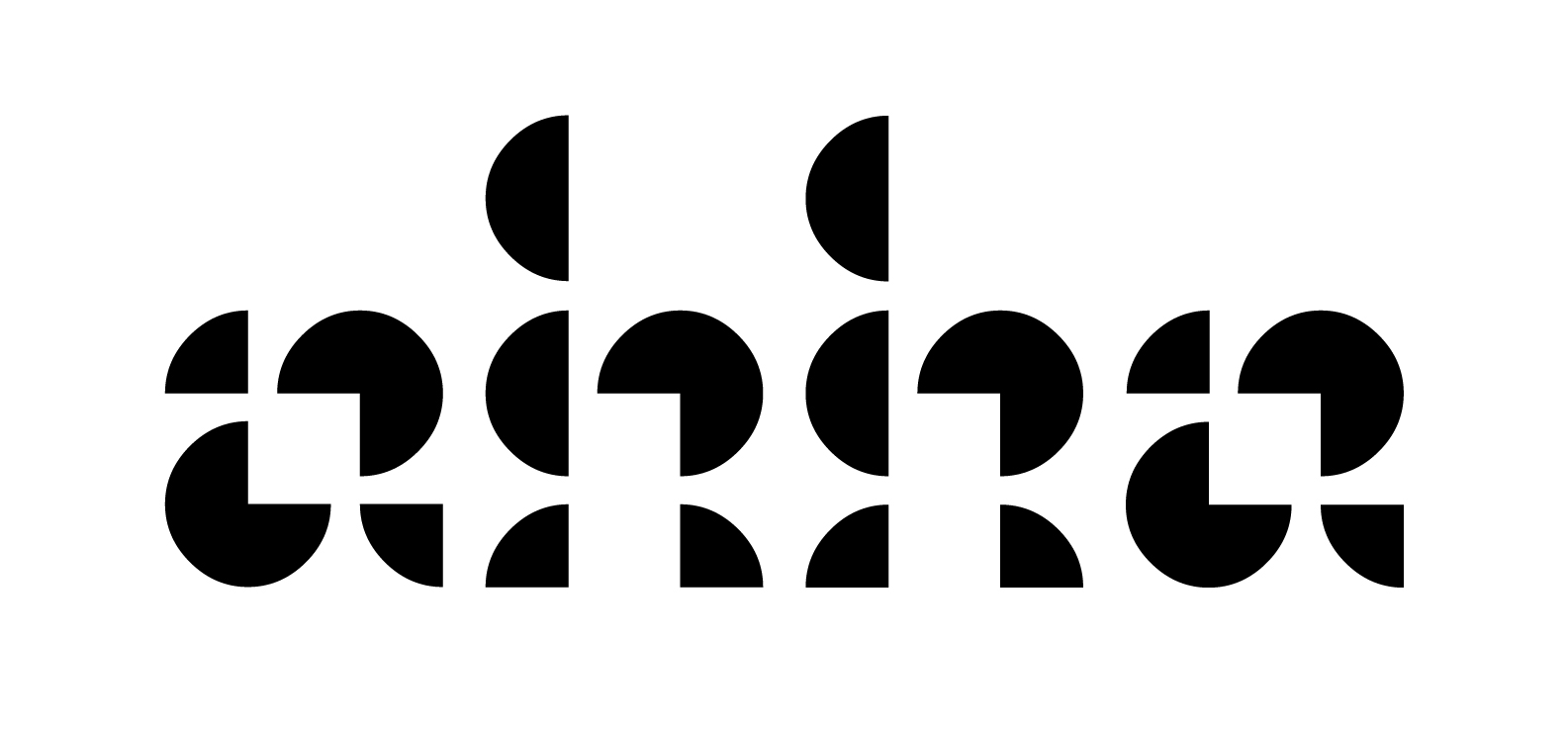

ahha

Auckland Region, New Zealand
May 2024
Architecture design & planning
Service with Minor Environmental Footprint
Australia,
New Zealand
We dare to imagine a future that’s better for everyone. We are ahha. We are architects on a mission to radically transform the impact of our built environments. We’re creating a truly regenerative Aotearoa, through a bold new approach to designing and building spaces. We work to an ethically focussed framework that ensures every project is measurably sustainable - ecologically, socially, culturally and financially. Our ahha Impact Framework is a self-developed holistic approach across six domains of; Carbon, Ecology, Circularity, Health & Well-Being, Equity & Access and Community & Culture. ahha is a team of values-led designers, makers and facilitators. As a social enterprise and multi-disciplinary practice, we work alongside clients, community and iwi to undertake projects of all forms and sizes. We work across architecture, design, education, experimentation and art to reimagine spaces, ideas and objects. We actively push the needle forward by seeking opportunities beyond the typical procurement process and employing them to drive more positive outcomes. We strive to create places that delight, inspire, encourage connection, and enhance well-being.
Overall B Impact Score
Governance 18.5
Governance evaluates a company's overall mission, engagement around its social/environmental impact, ethics, and transparency. This section also evaluates the ability of a company to protect their mission and formally consider stakeholders in decision making through their corporate structure (e.g. benefit corporation) or corporate governing documents.
What is this? A company with an Impact Business Model is intentionally designed to create a specific positive outcome for one of its stakeholders - such as workers, community, environment, or customers.
Community 26.7
Community evaluates a company’s engagement with and impact on the communities in which it operates, hires from, and sources from. Topics include diversity, equity & inclusion, economic impact, civic engagement, charitable giving, and supply chain management. In addition, this section recognizes business models that are designed to address specific community-oriented problems, such as poverty alleviation through fair trade sourcing or distribution via microenterprises, producer cooperative models, locally focused economic development, and formal charitable giving commitments.
Environment 39.1
Environment evaluates a company’s overall environmental management practices as well as its impact on the air, climate, water, land, and biodiversity. This includes the direct impact of a company’s operations and, when applicable its supply chain and distribution channels. This section also recognizes companies with environmentally innovative production processes and those that sell products or services that have a positive environmental impact. Some examples might include products and services that create renewable energy, reduce consumption or waste, conserve land or wildlife, provide less toxic alternatives to the market, or educate people about environmental problems.
What is this? A company with an Impact Business Model is intentionally designed to create a specific positive outcome for one of its stakeholders - such as workers, community, environment, or customers.
Customers 2.5
Customers evaluates a company’s stewardship of its customers through the quality of its products and services, ethical marketing, data privacy and security, and feedback channels. In addition, this section recognizes products or services that are designed to address a particular social problem for or through its customers, such as health or educational products, arts & media products, serving underserved customers/clients, and services that improve the social impact of other businesses or organizations.